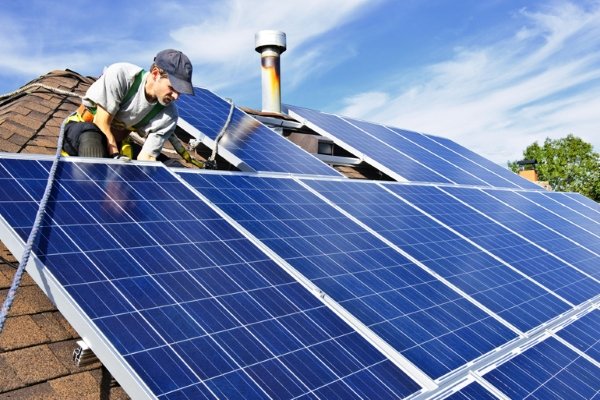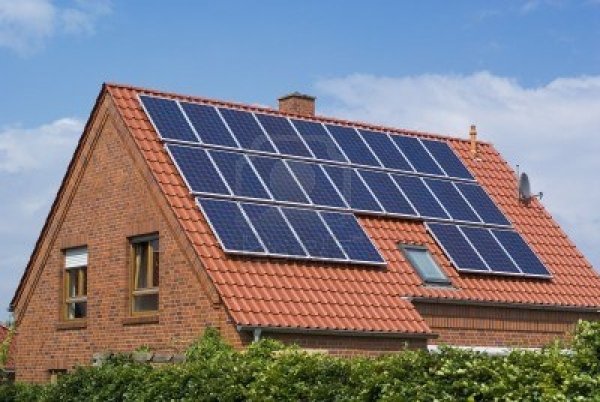Collecting the solar energy that falls to the earth via the sun is perhaps the ultimate form of free energy. Every day the earth is bathed with enough solar activity to supply all of our energy needs many times over. Efforts to collect all of that solar power, however, have been less than ideal to date.

Today’s solar energy panels are very expensive, and they only provide energy during the day when the sun is shining. This means solar users either have to store extra power in batteries to use when the sun goes down, or they have to tie their solar systems in to the local power grid. Neither option is ideal.

All of this could change, however, if the claims of a relatively unknown Maryland inventor’s idea prove valid. The claims he makes about his revolutionary solar collector are so remarkable that they would literally change the world if implemented on a large scale. The new solar technology could provide the overwhelming majority of our energy needs. It’s that big of a deal.
The Solar Trap Solution
The inventor’s name is Ronald Ace, and he calls his invention the “solar trap.” Ace has applied for patents on his invention. A former solar engineer at the Sandia National Laboratories reviewed his solar trap concept in a confidential review and was not able to identify any deficiencies. That’s the technical way of saying he thinks it will really work. Other scientists who have reviewed the solar trap have been astounded by the design.

Ace’s solar trap is very different from the photovoltaic cells that come to mind when we think of solar power. Ace claims the flat-panel device will capture up to 90 percent of the sun’s rays that hit it. This is about 10 times better than the best solar panels on the market today.
One of the best aspects of the solar trap concept is that it doesn’t stop delivering power once the sun goes down. True to its name, it traps solar energy and continues converting it to electricity through the night.
What’s the Holdup?
If the solar trap idea proves valid, then what are we waiting for? After all, every day we delay implementing this incredible technology means the continued burning of fossil fuels and polluting the environment. Shouldn’t we make this a top priority to save the world from pollution and wars over oil?
The reason there’s a bit of a holdup is easy to understand. Ace is waiting for his patents to be approved before commercializing the technology. Once the patents are granted, we should expect to see solar traps on every rooftop in the world.

As much as I would love to believe that this is real, news stories about the next battery and the next, hyper-efficient solar cell are common and generally always do not actually ever turn into a real breakthrough. Especially since he never actually states how a "solar trap" is actually distinct from a standard photovoltaic cell or why it can achieve such radically superior efficiency.
Frequently if you actually break down what is being discussed it turns out to be nonsense. And unfortunately I strongly suspect that is, once again, what is occurring with this "solar trap." For a more detailed analysis, perhaps check out this analysis on Physics Stack Exchange.
I would love for this to be real, but I strongly suspect it is not as being described in this article.
Downvoting a post can decrease pending rewards and make it less visible. Common reasons:
Submit
I'd love to see what materails and technologies are used in those solar trap panels you are referring to! Please share and great post!!
Downvoting a post can decrease pending rewards and make it less visible. Common reasons:
Submit
Wow it seems really interesting. I was waiting for a breakthrough in this industry. It seems for me that there is virtually no progression and that was frustrating. Thank you for sharing this article. I hope that he can come out with his invention soon.
Downvoting a post can decrease pending rewards and make it less visible. Common reasons:
Submit
I expect him to make his big reveal soon. He's just waiting to secure his patents first. Can't blame him, I guess.
Downvoting a post can decrease pending rewards and make it less visible. Common reasons:
Submit